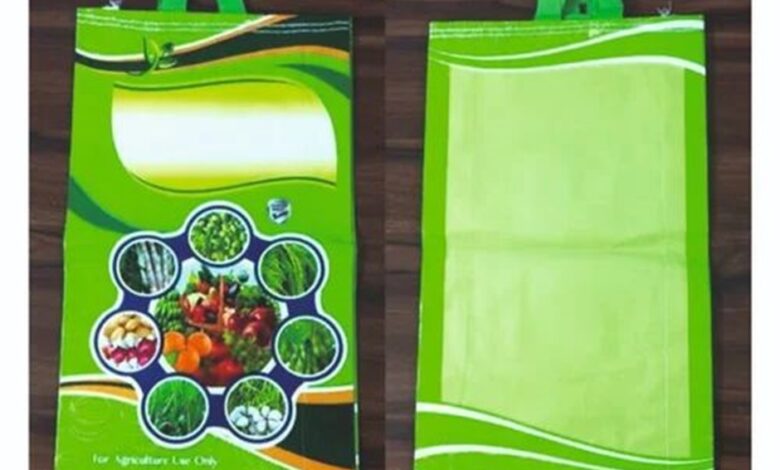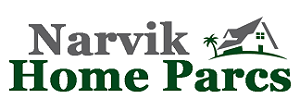Custom Agricultural Bags as a Branding Tool for Farmers and Cooperatives

In an era where branding plays a pivotal role in driving consumer trust and market differentiation, farmers and cooperatives are increasingly embracing innovative ways to showcase their identity and values. One such strategy is the use of custom agricultural bags, which go beyond their functional purpose to serve as powerful branding tools. These bags not only protect and transport agricultural products but also communicate a farm’s story, build brand loyalty, and enhance market visibility.
This article explores how custom agricultural bags can be leveraged as an effective branding tool for farmers and cooperatives.
- Showcasing Farm Identity and Values
Custom agricultural bags provide farmers and cooperatives with a unique platform to showcase their identity and core values. By incorporating the farm’s logo, colors, and taglines, these bags create a distinct visual representation of the brand. For example, an organic farm can design its bags with earthy tones and include messages emphasizing sustainability and eco-friendliness.
In addition to aesthetics, the information printed on custom bags—such as the farm’s location, certifications (e.g., organic, non-GMO), and farming methods—reinforces authenticity and transparency. This builds consumer trust, particularly among eco-conscious customers who value knowing where their food comes from and how it was produced.
- Enhancing Visibility and Market Presence
Custom agricultural bags act as mobile advertisements, offering farmers and cooperatives an opportunity to expand their reach far beyond the point of sale. Whether bags are used to store grains, fruits, vegetables, or animal feed, their branding elements ensure visibility in markets, warehouses, and transportation hubs.
When customers reuse these bags, whether on the farm, in homes, or for other storage needs, they inadvertently promote the brand to others in their community. This kind of organic advertising is cost-effective and significantly amplifies the farm’s presence in the market.
- Strengthening Relationships with Buyers and Retailers
For farmers and cooperatives supplying to retailers, custom agricultural bags can help strengthen business relationships. A well-designed, branded bag enhances the presentation of agricultural products, making them more appealing to retailers and consumers alike. Retailers are more likely to stock products with professional, high-quality packaging, as it signals quality and reliability.
Custom bags also allow cooperatives to consolidate their members under a unified brand identity. By printing cooperative names and logos on agricultural bags, members can promote their collective brand, creating a stronger presence in the market while supporting each other’s growth.
- Building Consumer Loyalty and Recognition
Consistency in branding is essential for building consumer loyalty, and custom agricultural bags provide a practical way to achieve this. Customers who repeatedly see the same logo and design on packaging begin to associate it with quality and reliability. Over time, this familiarity fosters trust and encourages repeat purchases.
Adding personalized touches to the bags, such as QR codes that link to the farm’s website, recipes, or behind-the-scenes videos, can further engage customers. These digital interactions make the brand memorable and create a deeper connection between consumers and the farm.
- Supporting Sustainable Branding Efforts
As sustainability becomes a growing concern, farmers and cooperatives can use custom agricultural bags to align with eco-conscious consumer values. Bags made from biodegradable, recyclable, or reusable materials not only reduce environmental impact but also reinforce the farm’s commitment to sustainability.
Printing eco-friendly messages, certifications, or instructions for reusing or recycling the bags can further emphasize the brand’s dedication to environmentally responsible practices. This resonates with modern consumers who prioritize sustainability in their purchasing decisions, helping farms attract and retain a loyal customer base.
- Differentiating in a Competitive Market
The agricultural market is highly competitive, with many producers offering similar products. Custom agricultural bags help farmers and cooperatives differentiate themselves by creating a unique and recognizable identity. For example, a bold, colorful design can make products stand out on crowded store shelves or in bustling market stalls.
Seasonal or limited-edition custom bags can add an element of exclusivity, encouraging customers to purchase more during special occasions. These creative designs not only attract attention but also create a sense of excitement around the brand, fostering deeper consumer engagement.
- Cost-Effective Branding Solution
Custom agricultural bags are a cost-effective branding tool for farmers and cooperatives, offering significant returns on investment. Unlike traditional advertising, which requires ongoing costs, branded bags provide long-lasting value. Once produced, these bags continue to promote the farm or cooperative with every use.
Moreover, the cost of customizing bags can be offset by the enhanced market presence and increased consumer loyalty they generate. For small-scale farmers and cooperatives, this affordability makes custom bags an accessible yet impactful way to build their brand.
Conclusion
Custom agricultural bags are more than just practical tools for storage and transportation—they are a strategic asset for farmers and cooperatives looking to establish a strong brand presence. By showcasing identity, enhancing visibility, building consumer trust, and aligning with sustainability efforts, these bags serve as an effective and affordable means of marketing in a competitive industry.
As consumer preferences evolve, the demand for transparency, sustainability, and authentic branding grows. Farmers and cooperatives that invest in custom agricultural bags are not only meeting these demands but also positioning themselves for long-term success in an increasingly brand-conscious market.

